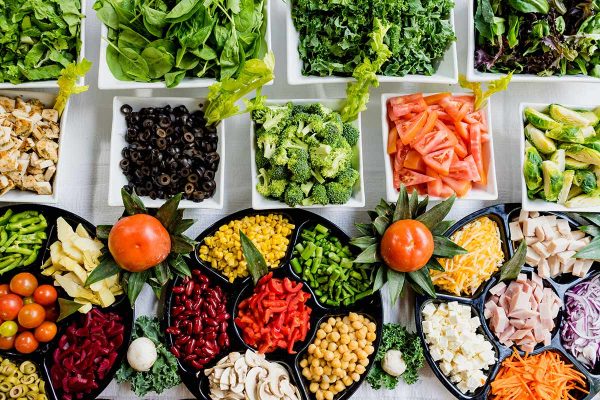 According to the World Health Organisation (WHO), good nutrition can help reduce the risk of developing or managing symptoms of disease. “Degenerative diseases such as cardiovascular disease, diabetes, osteoporosis, among others, which are among the most common diseases in older people, are largely related to nutrition.
According to the World Health Organisation (WHO), good nutrition can help reduce the risk of developing or managing symptoms of disease. “Degenerative diseases such as cardiovascular disease, diabetes, osteoporosis, among others, which are among the most common diseases in older people, are largely related to nutrition.
Maintaining a healthy weight for an older person. This can be affected by reduced physical activity and decreased nutrition. Indeed, older people may experience digestive problems, chewing problems due to tooth loss or dentures, changes in swallowing and reduced absorption of certain vitamins and minerals. In addition, medication can affect appetite and taste buds. In addition, social isolation and low morale can affect hunger and the desire to eat.
Tip 1: Eat nutrient-rich foods
To maintain good nutritional health, older adults should focus on nutrient-rich foods, including whole grains, lean meats, low-fat fortified dairy products, fruits and berries, vegetables including potatoes, leafy greens, beans, nuts and seeds. Also, pasta with mixed vegetable and protein sauces.
Tip 2: Stay hydrated
Age can reduce thirst awareness. Older people should drink plenty of fluids throughout the day. It is often advisable to consume an average of 1.5 litres of fluid per day. Don’t forget that fruit and vegetables also contain water. 100% natural fruit juices or low-fat milk are nutrient-rich liquids that should be included in your daily diet. Don’t drink soft drinks, energy drinks, drinks with too much caffeine or drinks with added sugars.
Tip 3: Get moving
It is recalled that physical exercise combined with a good diet helps to age in good health.
In conclusion, a varied and balanced diet is one of the elements that promote healthy ageing. Whatever the region, there are foods that allow this approach.

